Residency Leadership
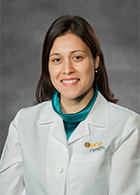
Bushra Mubashshir, M.D.
Associate Professor Residency Program Director

Bushra Mubashshir, M.D.
Associate Professor Residency Program Director
Department of Psychiatry
Adult Ambulatory Psychiatry
Residency Program Director
Email: bushra.shah@vcuhealth.org
.jpg)
Jason Burton, M.D.
Assistant Professor
Associate Program Director
.jpg)
Jason Burton, M.D.
Assistant Professor
Associate Program Director
Psychiatry
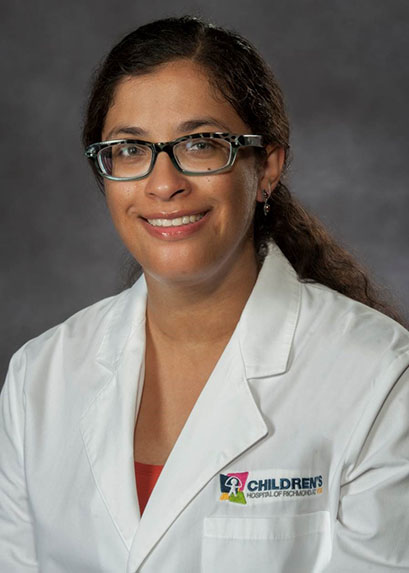
Kathryn Jones, M.D., Ph.D.
Assistant Professor Associate Program Director

Kathryn Jones, M.D., Ph.D.
Assistant Professor Associate Program Director
Department of Psychiatry
Child and Adolescent Psychiatry

Jessica Drayton
Senior Residency Education Coordinator

Jessica Drayton
Senior Residency Education Coordinator
Department of Psychiatry
About the Program
The VCU Department of Psychiatry’s mission is to train tomorrow’s mental health professionals. Our comprehensive residency program balances brain science and therapeutic training with the knowledge and support to help our trainees achieve here and beyond.
We are proud to provide a uniquely challenging and supportive residency experience that offers the following:
- A commitment to producing compassionate, adaptable physicians
- A dedication to lifelong learning and teaching in the context of a rapidly changing health care environment
- Strong, involved leaders who are always available to residents
- A diverse patient population, including those with challenging psychiatric conditions and complex comorbidities
- Camaraderie and collegiality, both inside and outside the hospital
- Innovation in research, training and practice
Curriculum and Rotations
Our clinical education is structured to allow residents the flexibility to meet graduation requirements while also pursuing individual interests, with protected didactics and supervision time. In addition to intensive clinical supervision, a faculty coordinator is responsible for working with residents during each of the program’s four years to maximize the trainees’ learning experiences.
PGY-1
During the intern year, residents spend six months rotating off-service on internal medicine, emergency medicine and neurology. Residents with an interest in child and adolescent psychiatry may spend one to three blocks on pediatrics instead of internal medicine.
The other six months are spent on inpatient psychiatry at VCU Medical Center and the Richmond VA Medical Center (VAMC). VCU inpatient psychiatry rotations are split into specific teams, according to the patient’s presentation on admission. Those teams include mood disorders, schizophrenia, geriatrics and medical psychiatry.
Inpatient psychiatry (VCU): 3 blocks
Neurology: 2 blocks
Emergency medicine: 1 block
Internal medicine or pediatrics: 3 blocks
Inpatient psychiatry night float: 1 block
Inpatient psychiatry, substance abuse (VAMC): 3 blocks
PGY-2
Starting in PGY-2, residents learn the basics of supportive psychotherapy in a dedicated afternoon clinic at our outpatient facility. Second-year rotations consist of various psychiatry experiences, again in 13 four-week blocks. Residents continue to rotate through each VCU Medical Center inpatient team, so that they will have rotated through every team at least once by the end of PGY-2. Residents also rotate through each of the subspecialty rotations for a minimum of one four-week block. Residents may submit requests to tailor their schedules to their specific interests, with the potential for extra time on any given rotation.
Inpatient psychiatry, substance abuse (VAMC): 2-3 blocks
Subspecialty rotations (ECT, VTCC inpatient, adult consultation-liaison, day float): 5+ blocks
Inpatient psychiatry (VCU): 3-4 blocks
Emergency psychiatry night float: 1-1.5 blocks
VAMC night float: 1-1.5 blocks
Outpatient psychotherapy clinic: 4 hours per week
PGY-3
All PGY-3 rotations, with the exception of psychiatry consults in the emergency department, are completed on an outpatient basis, with each half-day representing a different clinic. The general psychiatry and psychotherapy clinics are longitudinal throughout the year, while the other clinics rotate every three to six months and include rotations at the Richmond VA Medical Center. The following is a sample schedule:
Monday
AM: General psychiatry
PM: Subspecialty
Tuesday
AM: Didactics
PM: Psychotherapy or subspecialty
Wednesday
AM: Emergency psychiatry
PM: Didactics
Thursday
AM: Psychotherapy
PM: Child and adolescent psychiatry
Friday
AM: Psychotherapy and case conference
PM: Grand rounds, residents’ meeting, CBT lab, psychotherapy
Psychotherapy modalities expand to include:
- Cognitive behavioral therapy
- Family/couples therapy
- Group therapy (optional)
- Psychodynamic psychotherapy
- Psychotherapy combined with psychopharmacology
- Supportive psychotherapy
PGY-4
The program’s fourth year is divided into three blocks and includes continual outpatient psychotherapy and a longitudinal semi-autonomous medication management clinic.
As senior residents on the consultation-liaison service, PGY-4s rotate at both VCU Medical Center and the VAMC. The community psychiatry rotation is through select local community service boards, which are Virginia’s resource for public mental health care, and at the VAMC. One month of the year is dedicated to an inpatient junior attending role.
Electives include:
- Addiction medicine
- Virginia Board of Medicine
- Center for Craniofacial Care at the Children’s Hospital of Richmond at VCU
- Center for Human-Animal Interaction
- Domestic violence assessment and engagement
- Electroconvulsive therapy and other brain stimulation techniques
- Group psychotherapy at University Counseling Services
- Obstetrics psychiatry
- Program of Assertive Community Treatment
- Women's health
Call Schedule, Moonlighting and Salary
Our three night float positions provide much of the on-call coverage for our VCU Medical Center inpatient and emergency psychiatry services and the VA Medical Center psychiatry service. Residents on night float work approximately 11-hour shifts for two to three four-week blocks.
There is no call or night float during PGY-4 year.
Weekend call: Approximately 15 call shifts over the year. Up to 10 of these shifts will be 24-hour shifts on Friday or Saturday. Up to five of these shifts are also considered moonlighting for which residents may be compensated. The remainder are 13-hour shifts on weekends.
Evening short call: Average once every two weeks covering emergency department and inpatient consults. These shifts last about 4 hours.
Night float: There is no night float during PGY-3 year.
Weekend call: 20-21 weekend call shifts over the year. Up to five of these will be 24-hour shifts on Fridays and the remainder are 12-hour shifts on weekends.
Evening short call: Average once to twice per week on most services. These shifts last about 4-5 hours.
Night float: Average of 10 weeks total of night float, including inpatient consults, emergency department consults, and inpatient psychiatry at VCU and the VA, 10-12 hours per night for 5 nights per week.
Weekend call: There are 11-12 call shifts spread throughout your on-service psychiatry blocks (total psychiatry blocks make up approximately 28 weeks of your intern year). These shifts are typically 12-hours long. Off-service rotations include evening and weekend shifts with varying frequency.
Evening short call: Average once to twice per week while on service. These shifts last about 4-5 hours.
Night float: One month of night float covering inpatient psychiatry, about 10 hours per night for 6 nights per week.
In-house moonlighting shifts are available for second-, third- and fourth-year residents who have passed Step 3 and obtained a full Virginia medical license. On weekdays, moonlighters supervise PGY1 residents at VCU. On weekends they may cover a Friday night psychiatry ER/inpatient consult shift or cover consults during the day. Due to INS and ACGME regulations, J-1 visa holders are ineligible to work moonlighting shifts.
See the VCU Graduate Medical Education page for information about current house staff salaries. Benefits for residents include:
- Medical insurance
- Dental insurance
- Life insurance
- 15 calendar days annual vacation
- 30 calendar days annual sick leave
- Tuition assistance
- Fully paid meals on call
- Subsidized parking
A full list of summaries is available here.
Life in Richmond
We encourage our trainees to maintain a healthy, balanced life, and Richmond is a wonderful place to engage in that well-rounded lifestyle. As a mid-sized city with a metropolitan population of 1.3 million, Richmond provides stimulating activities while maintaining its intimate feel and unique vibe.
Learn more about our communityResearch Track
Background: The overall goal of the psychiatry resident research track is to provide a pathway for psychiatrists in training that ultimately leads to a career in psychiatric research. The program provides mentorship and training in research that leads to accomplishments (training, publications, academic credentials) that make the research track resident an excellent candidate for the next step in a career in psychiatric research (training grants, academic appointments).
Candidates: Medical students seeking a residency position at VCU with an active interest in a career in psychiatric research as evidenced by experience in research as an undergraduate student or medical student, preferably with presentations at scientific meetings and publications in peer-reviewed journals. Candidates will need to identify a faculty member who agrees to serve as a primary research mentor during their research track.
Program: The research track training program offers an increased focus on research as the research track resident progresses through the program as shown in the table below.
Research Track (click to enlarge):
Outcomes: The primary measure of success for the psychiatry research track will be education of a diverse group of residents in research who go on to have a successful career in psychiatric research. DEIA is an overall metric for the program as it is for VCU. Specific metrics include: 1) number of peer reviewed publications from research track residents; 2) number of presentations at scientific meetings by research track residents; 3) completion of master’s degree by research track residents; 4) number of training grants submitted by research track residents; 5) number of grants funded to research track residents; 6) number of residents who obtain a research faculty position at an academic institution.
How to Apply
Starting in October 2023, we have added an Integrated Child and Adolescent Psychiatry Fast-Track Program, NRMP# 1743400C2, starting with PGY-1 at the VCU General Psychiatry Program for those who are interested.
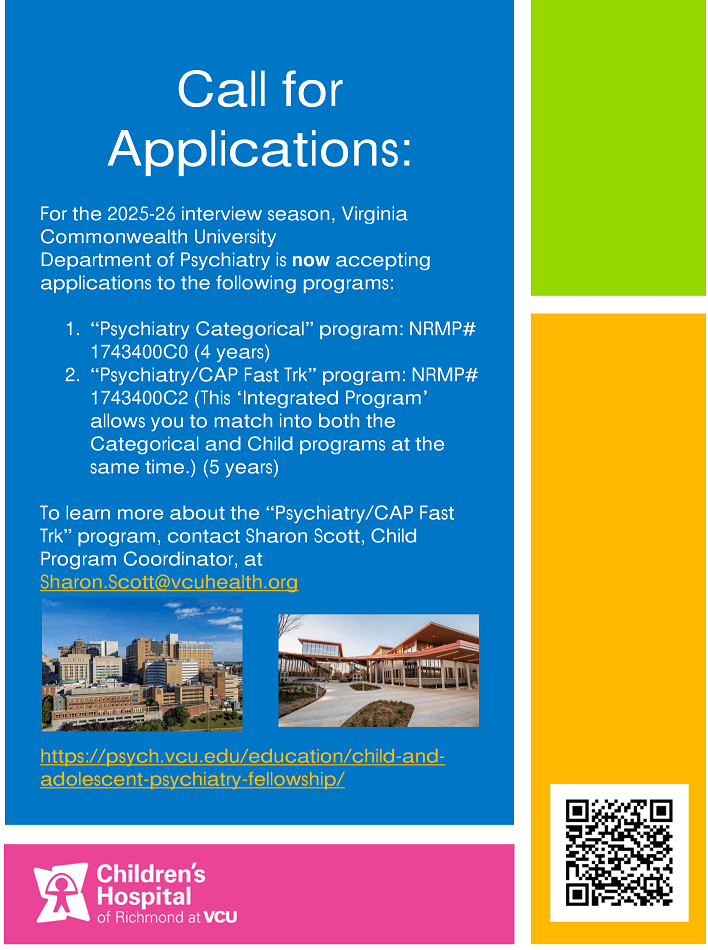
The VCU Department of Psychiatry participates in the National Residency Matching Program (NRMP), and you can apply through the Electronic Residency Application Service (ERAS).
Application requirements
- Completed ERAS application
- Minimum passing score on USMLE or COMLEX Steps 1 and 2
- Medical student performance evaluation letter (formerly known as dean’s letter)
- Official copy of your medical school transcripts
- Three letters of recommendation, including at least one from a supervising psychiatrist
- Must be within four years of graduation from medical school or direct patient care activity
- Must have documentation of a minimum of three moths of direct patient care activity in the U.S. or Canada in the last four years (clinical rotations during medical school are sufficient for U.S. and Canadian students)
- For international medical graduates, U.S. or Canadian medical school clinical rotations or externships of direct patient care within the U.S. or Canada will suffice (clinical observer experiences and non-clinical graduate work such as research do not meet this requirement)
Interviews
We offer interviews to select applicants from mid-October through January.
If you are selected for an interview, you will be contacted to schedule a date. The interview process includes an overview of the program, individual interviews with the program director, faculty and a resident, and interaction with with a group of residents. Since the advent of the COVID-19 pandemic, interviews are being conducted virtually.
Contact us:
VCU Psychiatry Residency Administration
Current Residents
CHIEF RESIDENTS
|
|
|
JUNIOR CHIEF RESIDENTS
|
|
||
|
||
|
||
|
||
|
||
|
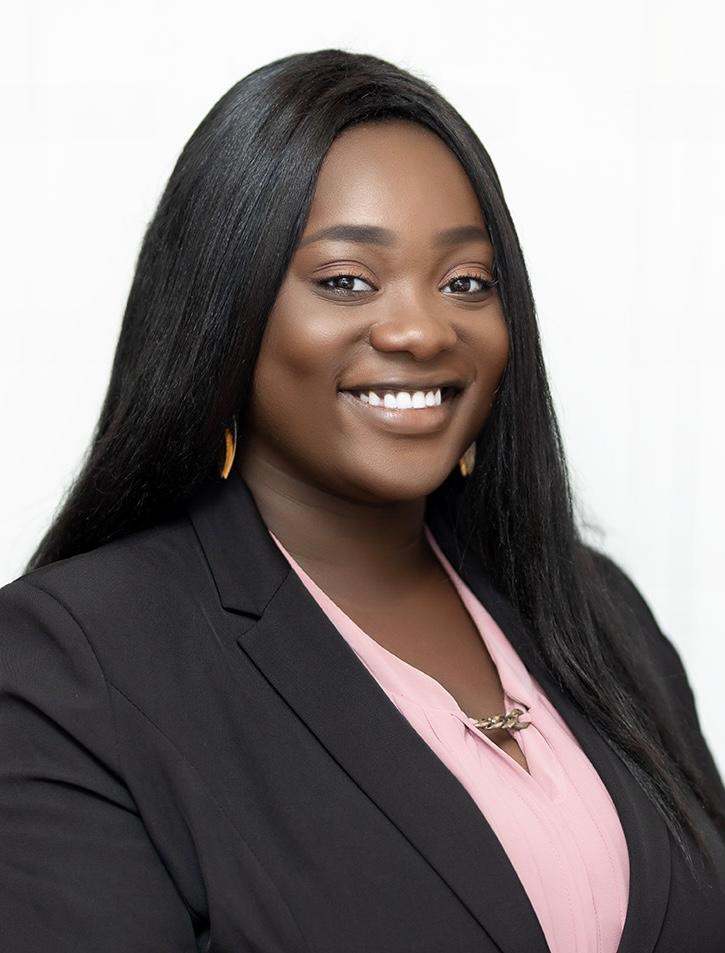 Abenaa (Abby) Asare
Abenaa (Abby) Asare
Medical School: Edward Via College of Osteopathic Medicine- Virginia Campus
Undergraduate school: George Mason University
Career interests: I am interested in Reproductive/Perinatal Psychiatry, Psychotherapy and global mental health.
What are some things you like about Richmond and VCU? I love the cultural diversity, low cost of living and as a foodie the many restaurants the city has to offer. There are many things to love about VCU and our program but what stood out to me most was how genuinely happy the residents are to be here. There is also a strong emphasis of psychotherapy here
 Huma Ashai
Huma Ashai
Medical School: New York Medical College
Undergraduate School: University of Virginia
Career Interests: Consultation-Liaison, Addiction Medicine, Women's Health
Some things I like about Richmond: I love that Richmond is a medium sized city, with nature nearby but also fun, buzzing city life just around the corner. Being near my family is a plus too. Coming from school in New York, I was looking for a city that has a diverse population and Richmond definitely offers that.
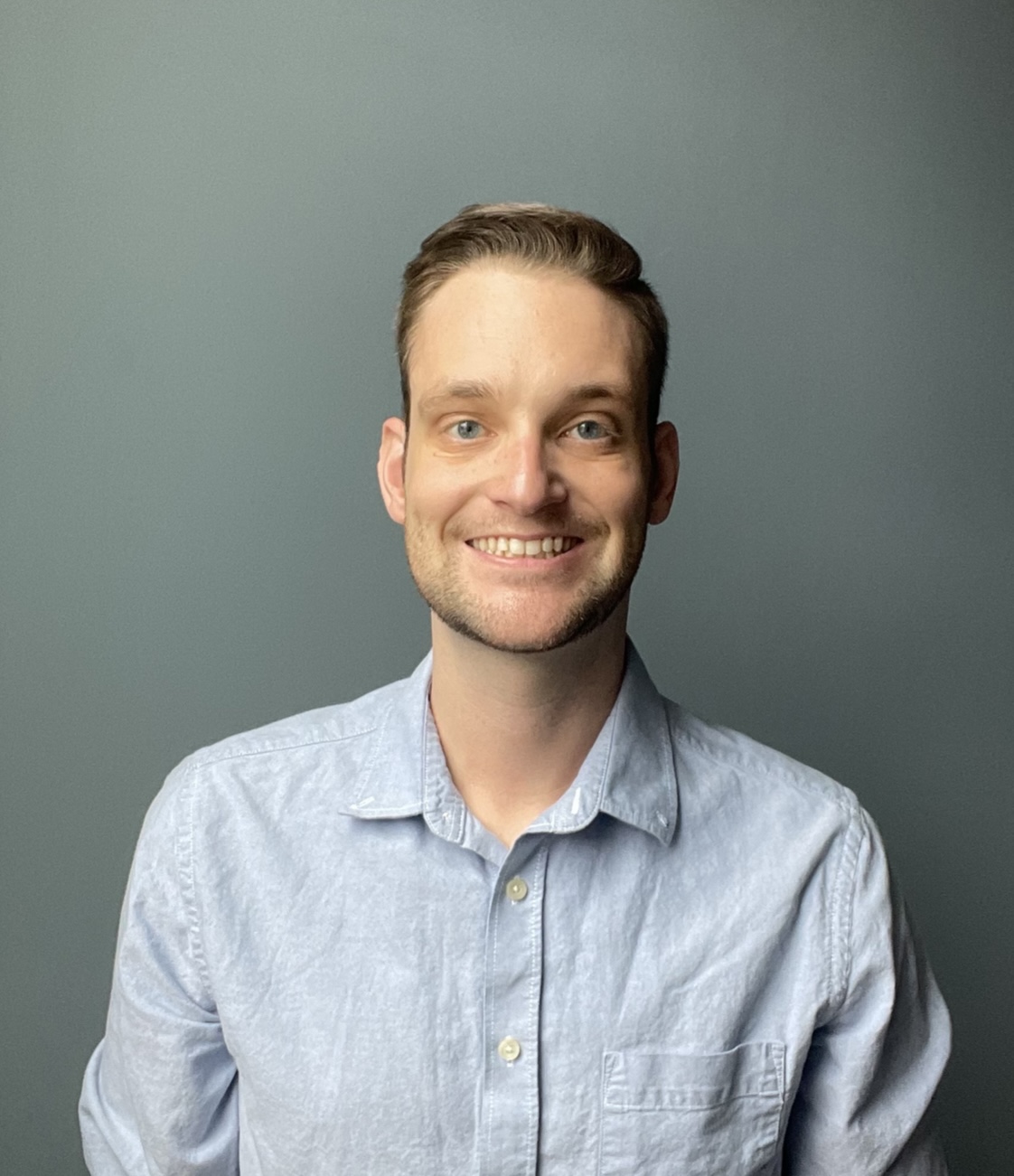 Travis Baity
Travis Baity
Medical School: Edward Via College of Osteopathic Medicine – Virginia Campus
Undergraduate School: University of Tennessee - Knoxville
Career interests: First break psychosis, consult liaison psychiatry, outpatient psychiatry
What are some things you like about Richmond and VCU? I love the city vibe and breweries; I appreciate the various parks and river system within the city limits as well.
 Hannah Bowles
Hannah Bowles
Medical School: West Virginia University School of Medicine
Undergraduate school:
Career interests: Addiction medicine, street medicine, community psychiatry and reproductive psychiatry
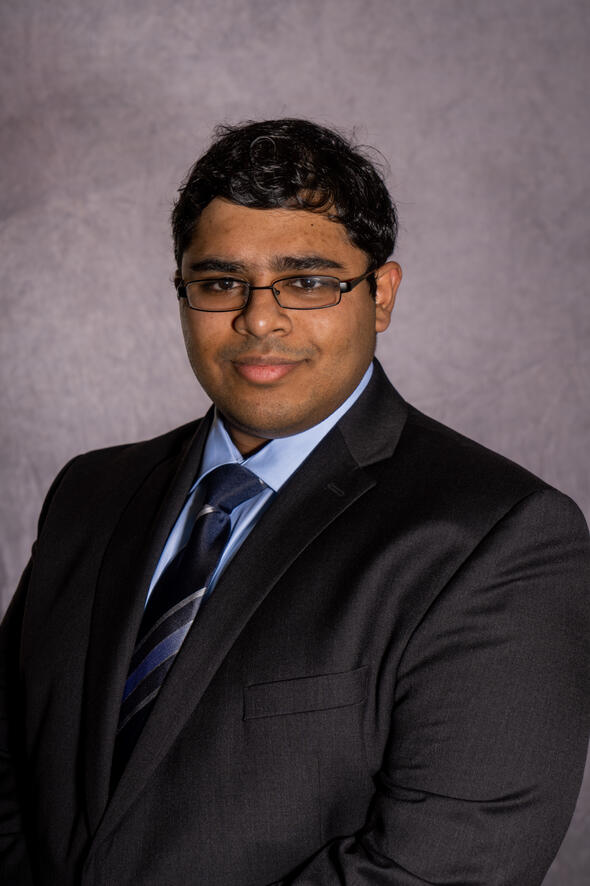 Ruhan Farsin
Ruhan Farsin
Medical School: Virginia Commonwealth University School of Medicine
Undergraduate School: University of Richmond
Career Interests: Addiction Medicine, Consult/Liaison Psychiatry
Some things I like about Richmond and VCU: The strong support networks amongst the residents, as well as the ever-changing diverse food and arts scene in and around the city, from Cary Street to the VMFA, there's always something new to discover!
 Caroline Greer
Caroline Greer
Medical School: University of Virginia School of Medicine
Undergraduate School: Pomona College
Career Interests: Child & Adolescent Psychiatry, Addiction Psychiatry, Psychotherapy
Some things I like about Richmond and VCUHS: I love that there is a robust creative community throughout Richmond and that there’s easy access to lots of outdoor activities! At VCU, I enjoy the variety of clinical rotation opportunities and the diverse patient population.
 Nofel Karatela
Nofel Karatela
Medical School: Lake Erie College of Osteopathic Medicine
Undergraduate school: University of Florida
Career interests: Child/Adolescent Psychiatry, ECT
Some things I like about Richmond: I had never been to Richmond before, but I already really like it. There seem to be a lot of great restaurants, coffee shops, and unique hiking trails. My favorite area so far has definitely been the area around the James River.
 Alina Nguyen
Alina Nguyen
Medical School: Virginia Commonwealth University School of Medicine
Undergraduate school: University of Virginia
Career interests: Consult/Liaison Psychiatry, women's mental health, psychedelic psychotherapy
What are some things you like about Richmond and VCU? I love hanging out by the river and the great food, art, and indie music scene in the city. I like VCU because of the people. Everyone is so kind and supportive. It feels like a family!
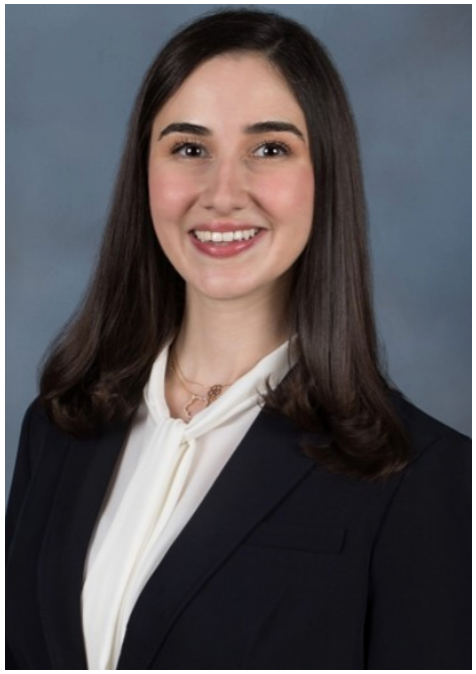 Name: Nadia Anabtawi
Name: Nadia Anabtawi
Medical School: University of Alabama School of Medicine
Undergraduate school: University of Alabama at Birmingham
Career interests: General adult psychiatry, Addiction medicine, Global mental health
What are some things you like about Richmond and VCU?
I am new to the area but so far I love Richmond's diverse restaurant scene, the VMFA, and walking around Carytown! I look forward to exploring the city's parks and cultural events. Everyone I have met at VCU has been so kind and supportive!
 Name: Danielle Black
Name: Danielle Black
Medical School: Wake Forest University School of Medicine
Graduate School: MPH from Columbia University, MA from Florida International University
Undergraduate school: Duke University
Career interests: Consult-Liaison Psychiatry, Cross-Cultural/Transcultural Psychiatry, Health Equity Research
What are some things you like about Richmond and VCU? I really appreciate that Richmond has a diverse food scene with many restaurants to try. I also love being able to walk along the river. The things I enjoy most about VCU are my co-residents and the supportive community we've created for each other.
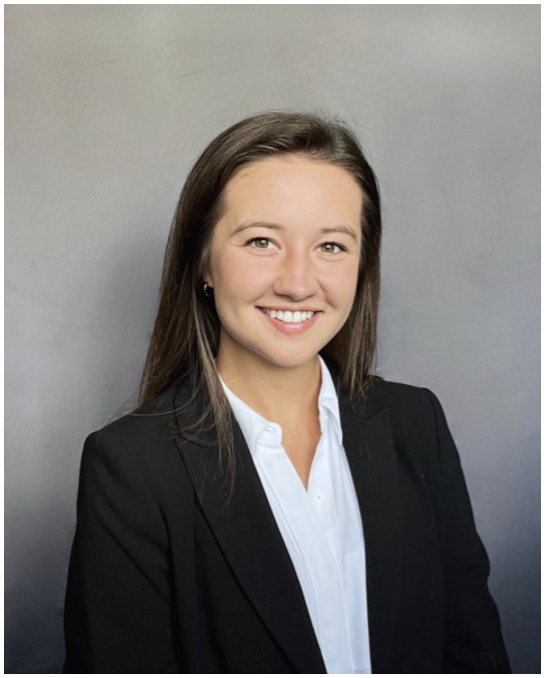 Name: Emily McCauley
Name: Emily McCauley
Medical School: Ohio State University College of Medicine
Undergraduate school: The Ohio State University
Career interests: Child and Adolescent Psychiatry
What are some things you like about Richmond and VCU? I love all the activities Richmond has to offer, especially the great food scene and hiking trails. As a member of the Integrated Child and Adolescent Psychiatry Fast-Track program, I am excited about the early exposure to CAP and opportunities to rotate in Pediatrics.
 Name: Uzma Nawaz
Name: Uzma Nawaz
Medical School: Western University of Health Science College of Osteopathic Medicine
Undergraduate school: New York University, New York, NY
Career interests: Child and Adolescent Psychiatry, Forensic Psychiatry, Inpatient Psychiatry
What are some things you like about Richmond and VCU? I love the complexity of cases and diverse population we get to treat at VCU. I’m very excited about all the amazing restaurants in Richmond.
 Name: Quynh Huong Nguyen
Name: Quynh Huong Nguyen
Medical School: Edward Via College of Osteopathic Medicine-Virginia Campus
Undergraduate school: University of Pittsburgh
Career Interests: General adult inpatient psychiatry, neuromodulation
What are some things you like about Richmond and VCU? Great food scene and proximity to the beach and other cities.
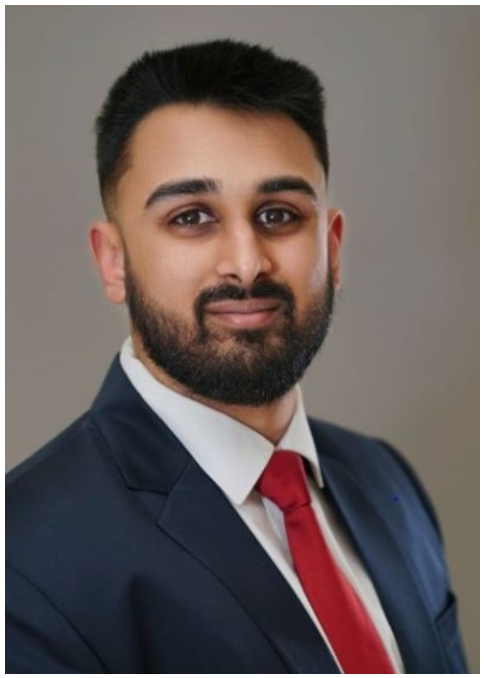 Name: Kush Patel
Name: Kush Patel
Medical School: Virginia Commonwealth University School of Medicine
Undergraduate school: Virginia Commonwealth University
Career interests: Addiction Medicine, Psychosis, Neuromodulation
What are some things you like about Richmond and VCU? This is home! It’s an absolute privilege to provide care to the same community that raised me. The people and sense of community are by far my favorite things about Richmond and VCU. Go Rams!
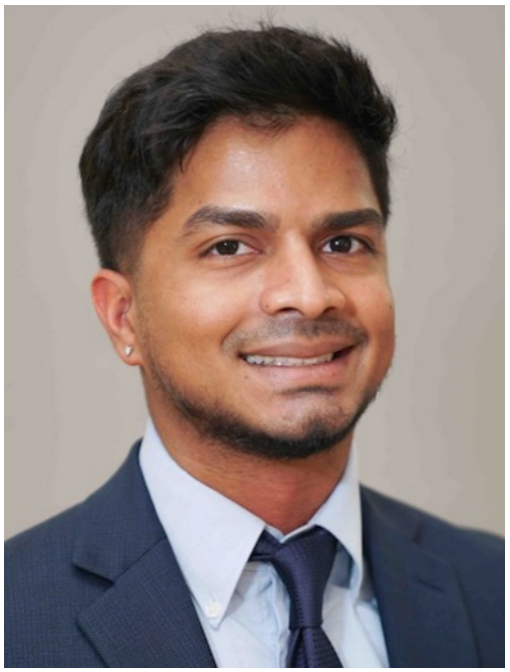 Name: Viraj Sharma
Name: Viraj Sharma
Medical School: Virginia Commonwealth University School of Medicine
Undergraduate school: University of California, Berkeley
Career interests: General Psychiatry, Neuromodulation, Consult-Liaison
What are some things you like about Richmond and VCU? I enjoy playing pickleball at the many parks around Richmond, as well as going to breweries and finding new restaurants. At VCU, the attendings and residents have been very friendly and supportive through my training.
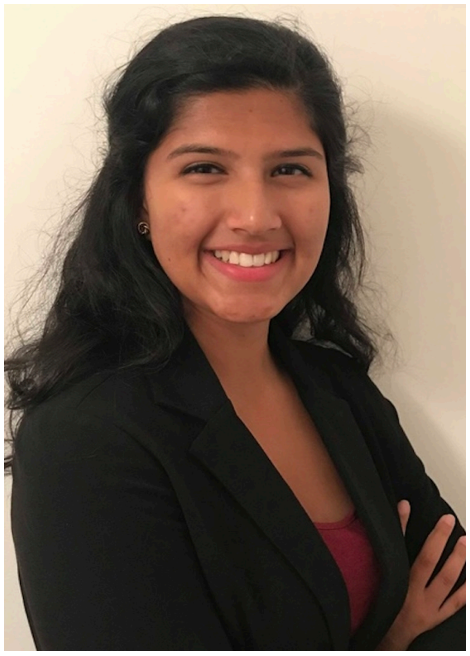 Name: Divya Rengarajan
Name: Divya Rengarajan
Medical School: Edward Via College of Osteopathic Medicine-Virginia Campus
Undergraduate school: University of Virginia
Career interests: Geriatric Psychiatry, Child and Adolescent Psychiatry
What are some things you like about Richmond and VCU? What are some things you like about Richmond and VCU? I love the amazing restaurants and the fun events that are always going on. I also really enjoy being a short drive from my family so I can go home for day trips. It's a very cool place to live, and I'm so excited to spend the next four years here!
 Name: Madison Sokol
Name: Madison Sokol
Medical School: Virginia Commonwealth University School of Medicine
Undergraduate School: University of Florida
Career interests: General inpatient psychiatry but interested in exploring most subspecialties
What are some things you like about Richmond and VCU? I most enjoy the people in my program--especially my coresidents! Everyone is so nice and supportive. I love Richmond's food & bar scene, walking around the fan & museum district, and being close(ish) to DC and Virginia Beach.
 Name: T’keyah Vaughan
Name: T’keyah Vaughan
Medical School: Virginia Commonwealth University School of Medicine
Undergraduate school: Northwestern University
Career interests: Reproductive/Perinatal Psychiatry, Child and Adolescent Psychiatry, Interventional Psychiatry, Eating Disorders, First Break Psychosis
What are some things you like about Richmond and VCU? VCU is a community of very supportive co-residents and supportive peers. I love that Richmond is diverse, offers great food options, and has some of my favorite tea shops.
 Name: Jean Wu
Name: Jean Wu
Medical School: Virginia Commonwealth University School of Medicine
Undergraduate school: University of Southern California
Career interests: eating disorders, child and adolescent psychiatry, public psychiatry, first break psychosis/mania, life-style psychiatry
What are some things you like about Richmond and VCU? I love RVA! I moved here 4 years ago after living in Los Angeles all my life and was pleasantly surprised. My favorite part about RVA/VCU is the people and community here. I love the road running/outdoor scene (MTT, Nov Project, etc). The food is delicious (love Stella's!). People at VCU are also very approachable and kind. RVA/VCU is a special place I'm grateful to continue my training at!
 Name: Isabel Aycock
Name: Isabel Aycock
Medical School: University of New Mexico
Undergraduate school: University of New Mexico
Career interests: CAP, Addiction Medicine, Refugee and Immigrant Mental Health
What are some things you like about Richmond and VCU? I value the supportive and enriching learning culture at VCU. Richmond is an outstanding city for both training and living, offering a remarkable diversity of cultures and patient populations.
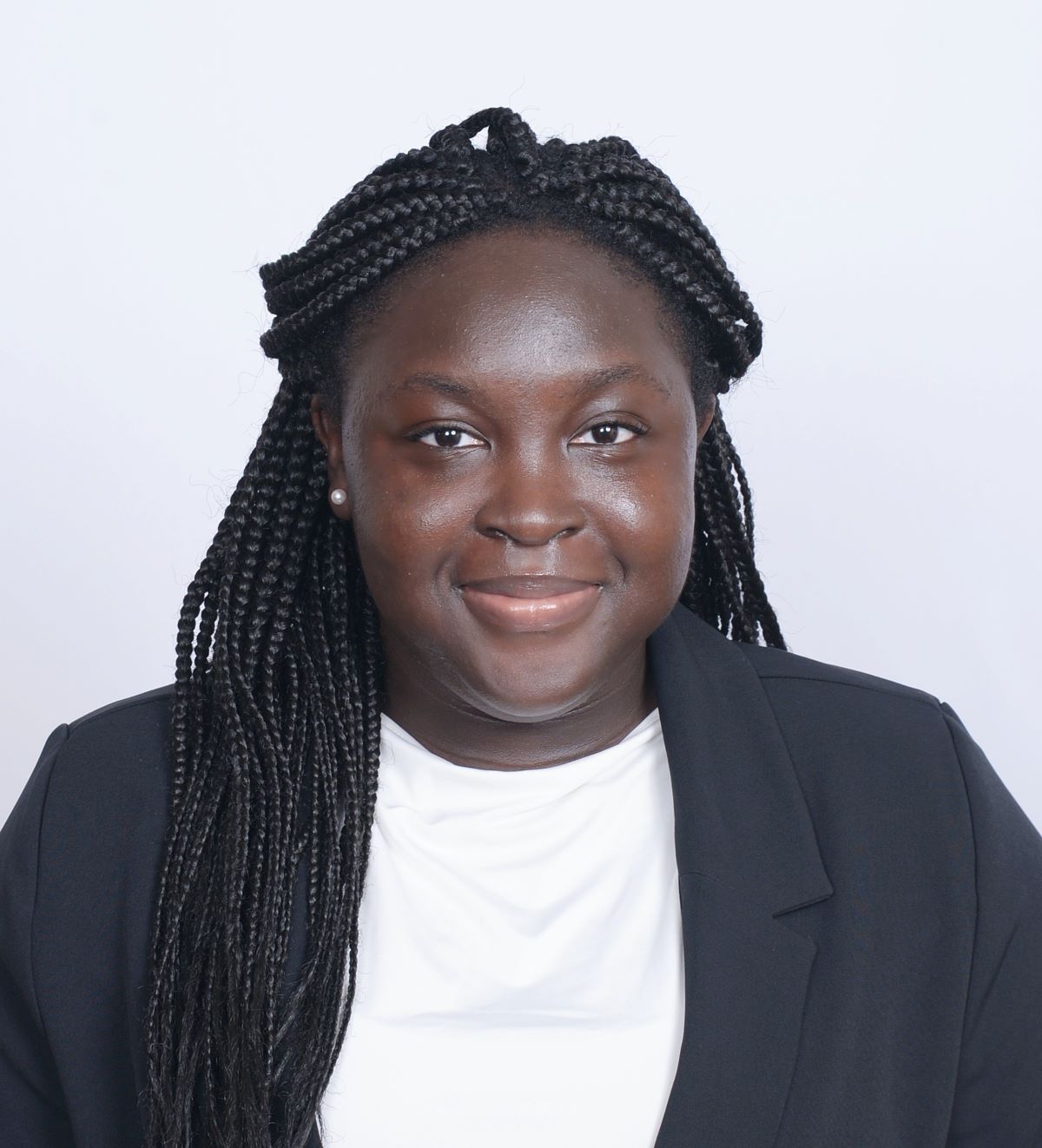 Name: Olivia Darko
Name: Olivia Darko
Medical School: Larner College of Medicine at the University of Vermont
Undergraduate school: University of Pennsylvania
Career interests: Reproductive Psychiatry, Emergency Psychiatry, Consult-Liaison
What are some things you like about Richmond and VCU?
The cultural diversity.
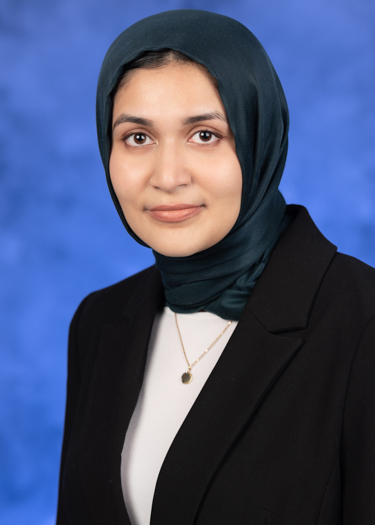 Name: Mahpara Hasan
Name: Mahpara Hasan
Medical School: Penn State College of Medicine
Undergraduate school: Carnegie Mellon University
Career interests: CAP, Refugee & Immigrant Mental Health, Global Mental Health
What are some things you like about Richmond and VCU? The diverse community, rich history, and vibrant arts.
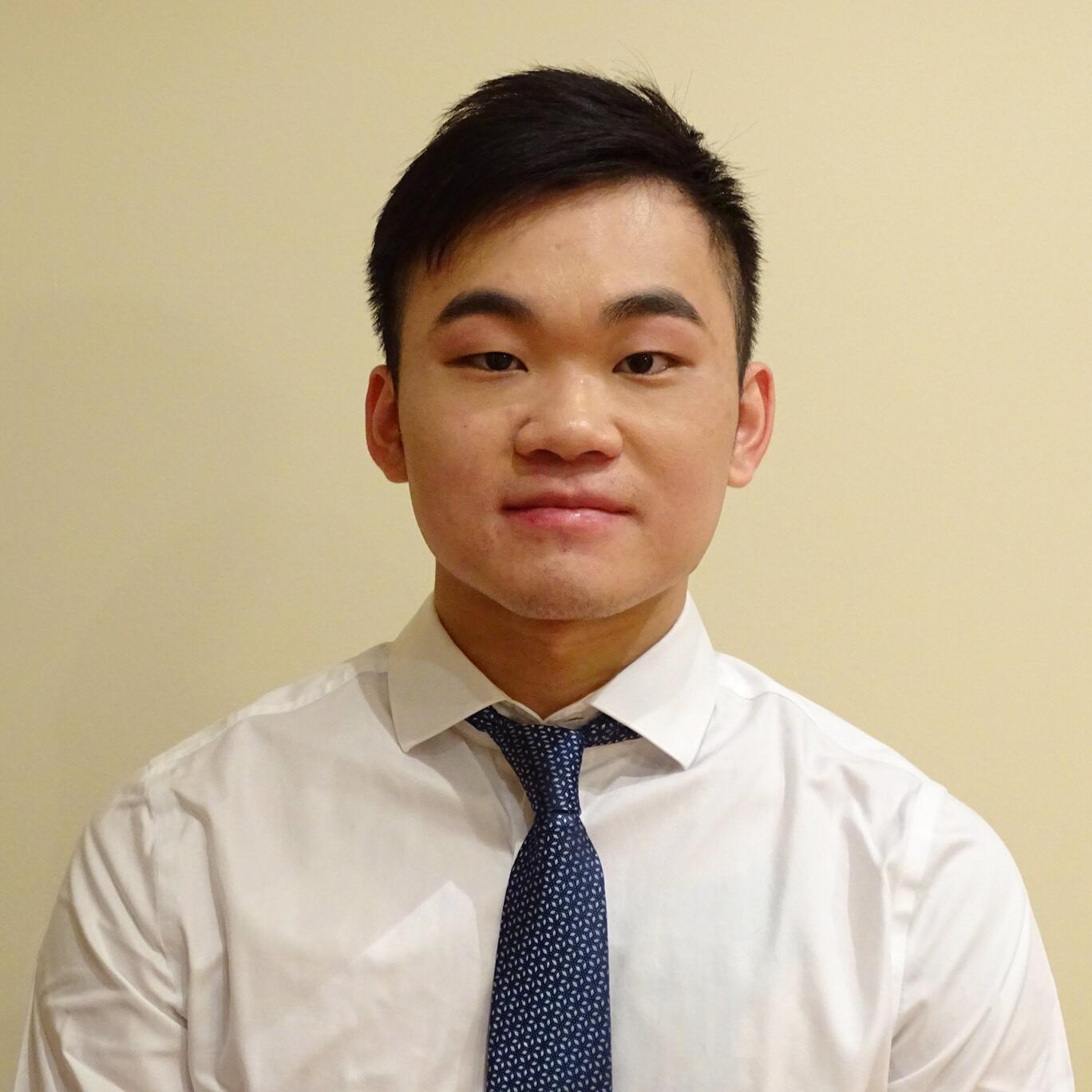 Name: Jason Hung
Name: Jason Hung
Medical School: Virginia Commonwealth University School of Medicine
Undergraduate school: University of Toronto
Career interests: Child and Adolescent Psychiatry
What are some things you like about Richmond and VCU? The supportive culture at VCU and how welcoming they are to international students.
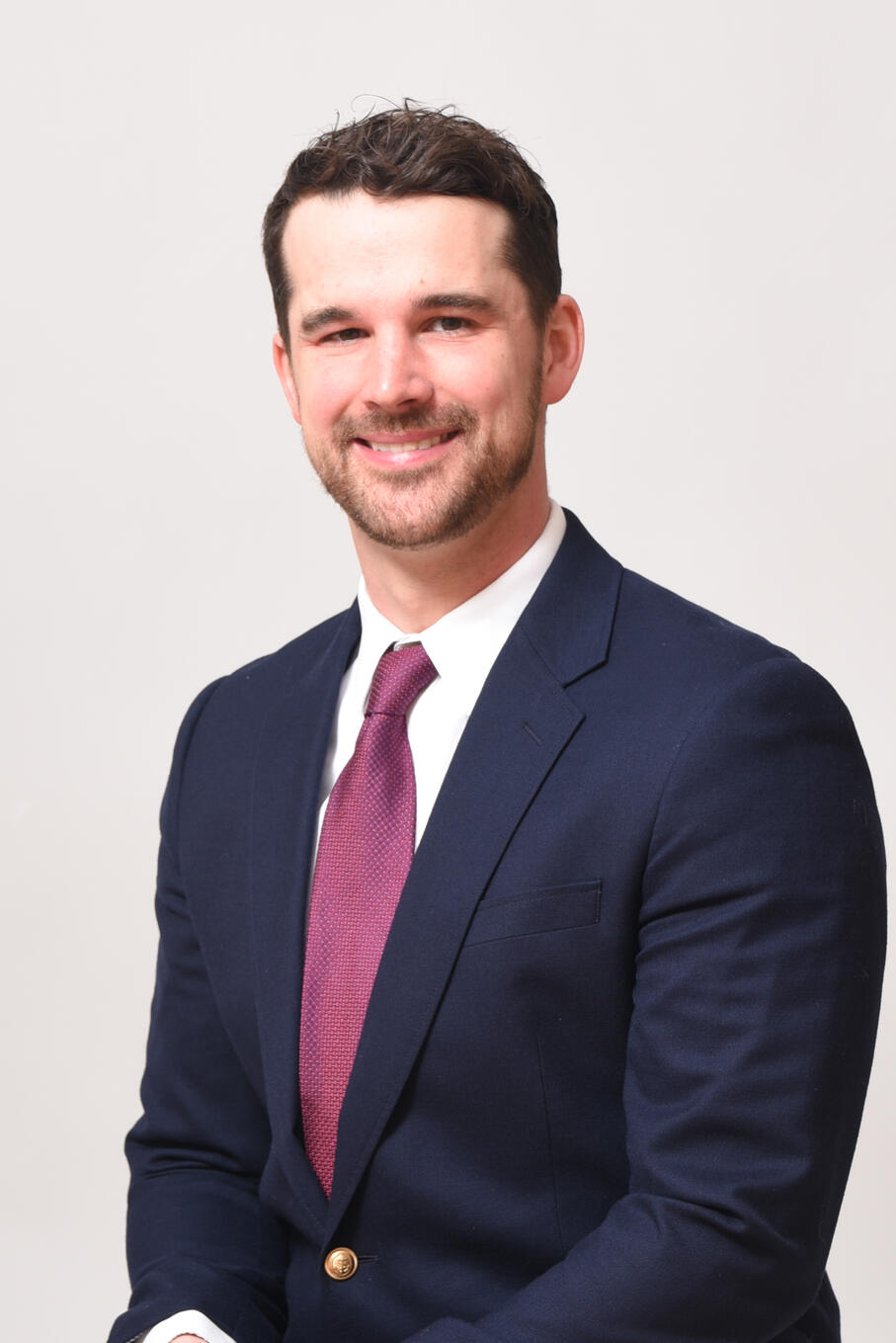 Name: Chris McCloud
Name: Chris McCloud
Medical School: Lincoln Memorial University - DeBusk College of Medicine
Graduate School: Georgetown University
Undergraduate school: The Catholic University of America
Career interests: Lifestyle Psychiatry, Addiction Medicine
What are some things you like about Richmond and VCU? Richmond is the best combination of a small town and a big city. It provides the opportunity for both a relaxing life and an exciting one. The people of Richmond are interesting, artistic, intelligent, and friendly. There is a strong sense of community in Richmond. That same sentiment is held by the faculty and staff at VCU. VCU Health Systems has endless resources for patients, residents and staff. I'm lucky to be part of a healthcare institution that has provided care to the central Virginia region for over 175 years.
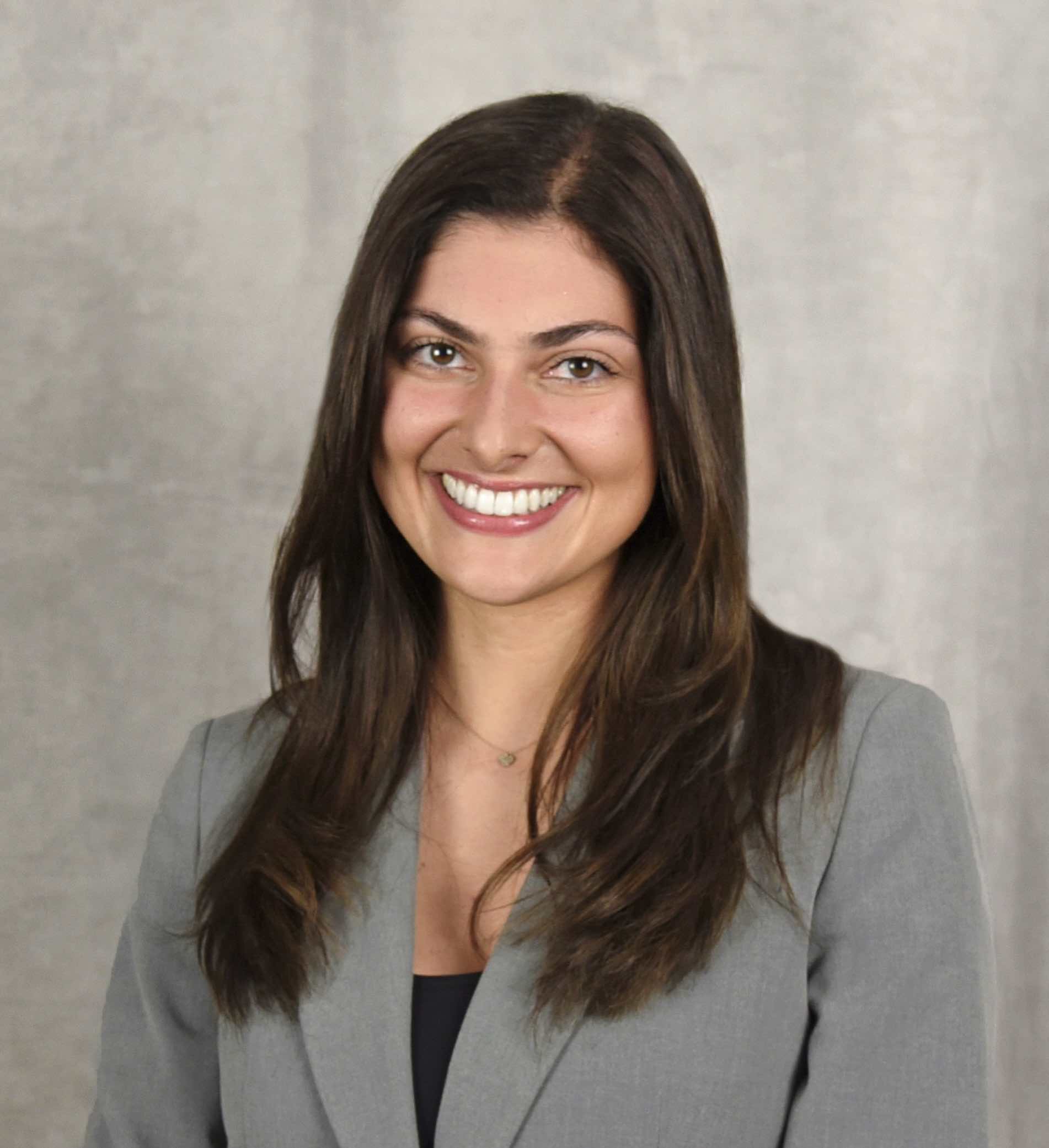 Name: Paria Parhami
Name: Paria Parhami
Medical School: Edward Via College of Osteopathic Medicine - Virginia Campus
Undergraduate school: George Mason University
Career interests: Eating Disorders, Inpatient Psychiatry, Consult-Liaison
What are some things you like about Richmond and VCU? Diverse patient population and pathology, comprehensive training, and supportive faculty. Richmond is a nice-sized city with good food and shopping, and I get to be near my family!
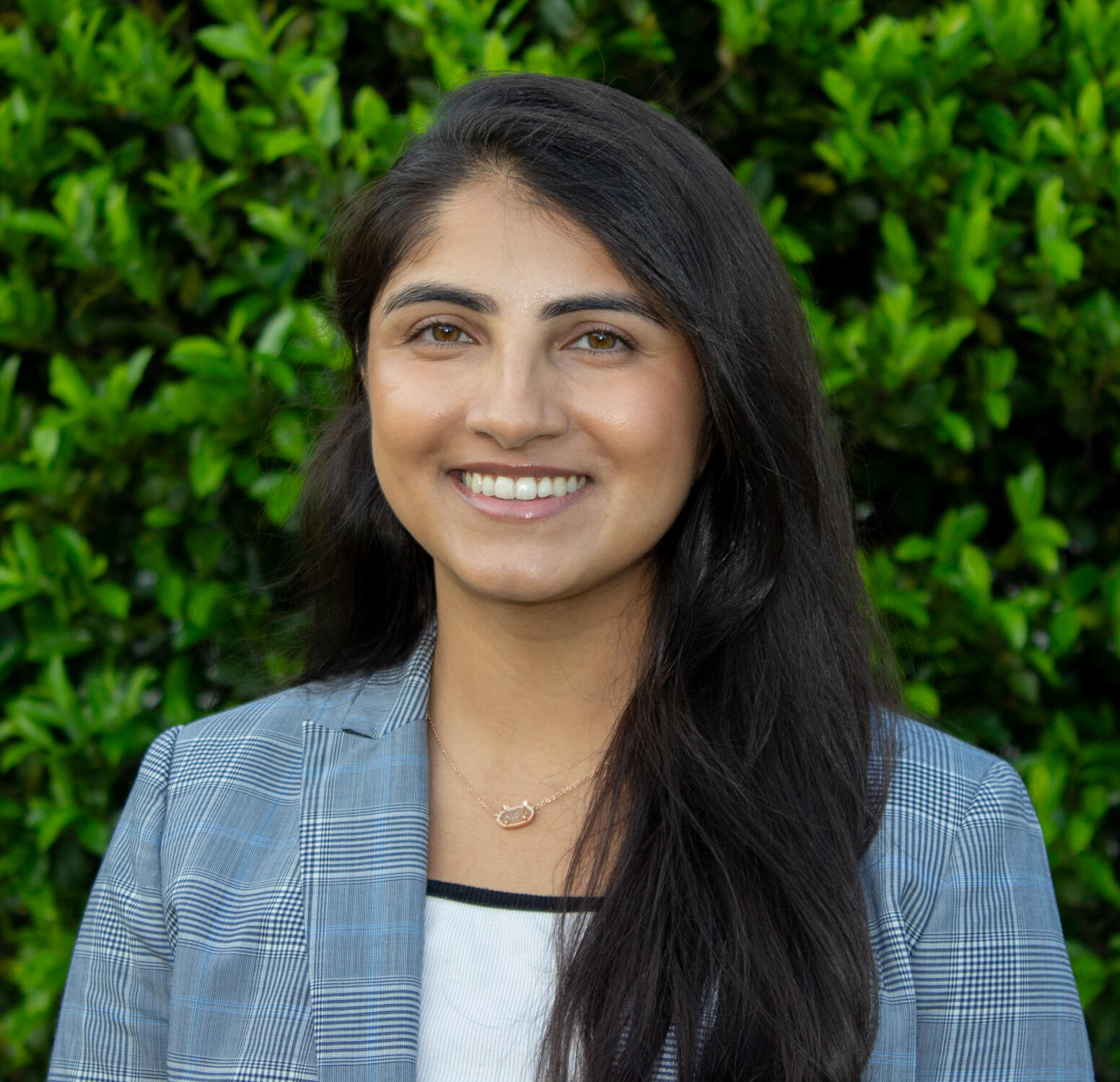 Name: Numa Rehmani
Name: Numa Rehmani
Medical School: Edward Via College of Osteopathic Medicine - Carolinas Campus
Graduate School: Bluefield University
Undergraduate school: University of Virginia
Career interests: Reproductive Psychiatry, Global Mental Health, Addiction Medicine
What are some things you like about Richmond and VCU? Richmond was an amazing place to grow up close to, and it is even cooler being here as an adult! I love the murals, the food, and the outdoor activities. I love VCU because of the people who work here. Everyone I have met so far is incredibly kind and supportive!
 Name: Krishna Sharma
Name: Krishna Sharma
Medical School: Georgetown University School of Medicine
Undergraduate School: Georgetown University
Career interests: General psychiatry, Interventional Psychiatry, Psychotherapy
What are some things you like about Richmond and VCU? I value the supportive and enriching learning culture at VCU. Richmond is an outstanding city for both training and living, offering a remarkable diversity of cultures and patient populations.
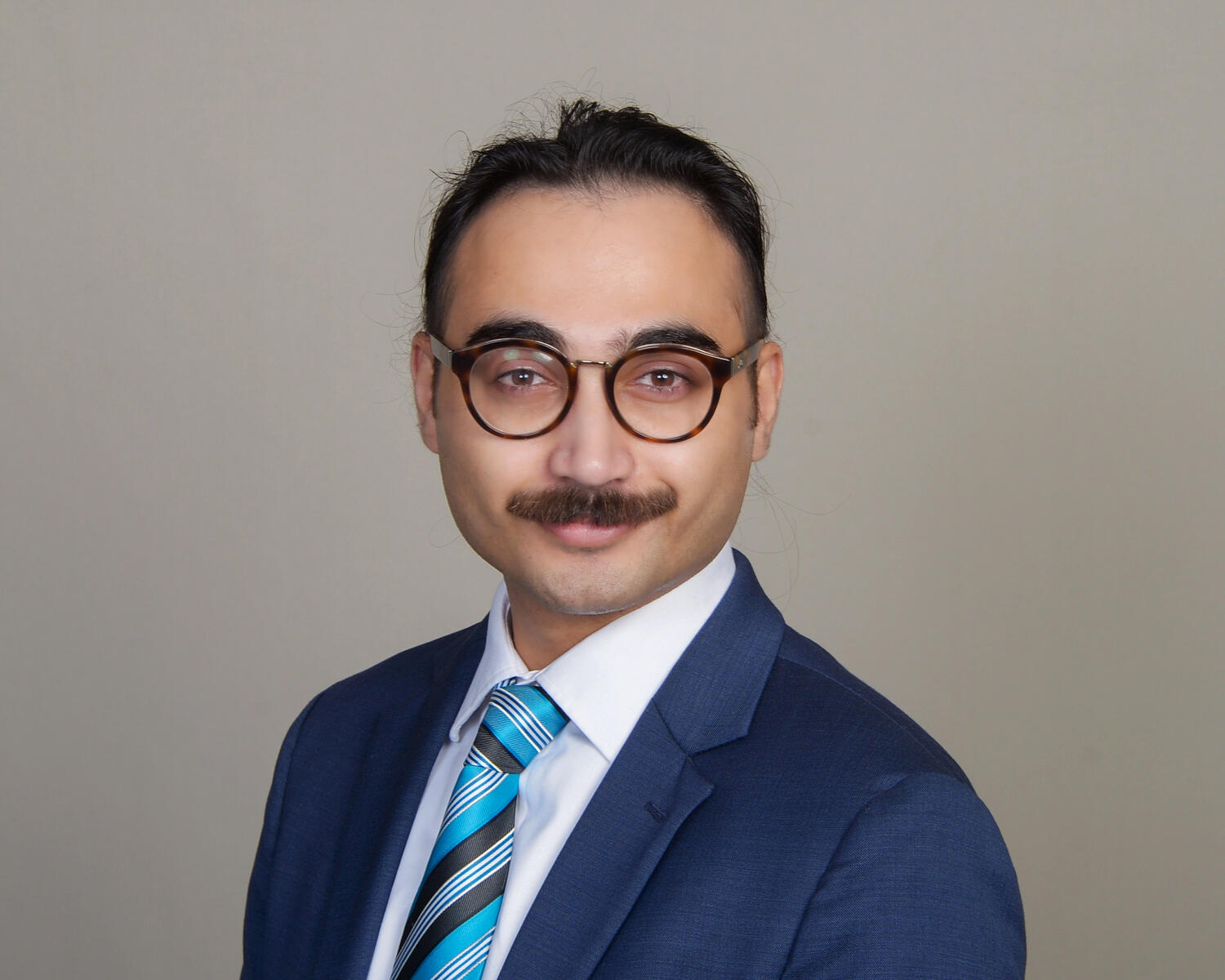 Name: Sahib Singh
Name: Sahib Singh
Medical School: Renaissance School of Medicine at Stony Brook University
Undergraduate school: Virginia Commonwealth University
Career interests: Addiction Psychiatry, Forensic Psychiatry, General Psychiatry, Interventional Psychiatry
What are some things you like about Richmond and VCU? I went to VCU for undergrad, so I'm not a complete stranger to the city. I always viewed Richmond as the city I became an adult in and now Richmond is the city where I'll become a psychiatrist. It is truly a privilege to return to the place that gave me the experiences I needed to get accepted to medical school and now I get to serve the community with everything I've learned so far as a physician. What I love about Richmond is the walkability, the arts scene, the restaurants, the history, and of course the tattoos!
.jpg) Name: Christopher Stathis
Name: Christopher Stathis
Medical School: Keck School of Medicine
Undergraduate school: University of California, Santa Barbara
Career interests: Child and Adolescent Psychiatry, Forensic Psychiatry, Interventional Psychiatry,
What are some things you like about Richmond and VCU? I just moved to Richmond so I don't know much about it yet, but so far I have been enjoying the thunderstorms, all of the restaurants, and Iam looking forward to checking out the music scene. I appreciate having supportive faculty, senior residents, and co-interns at VCU.
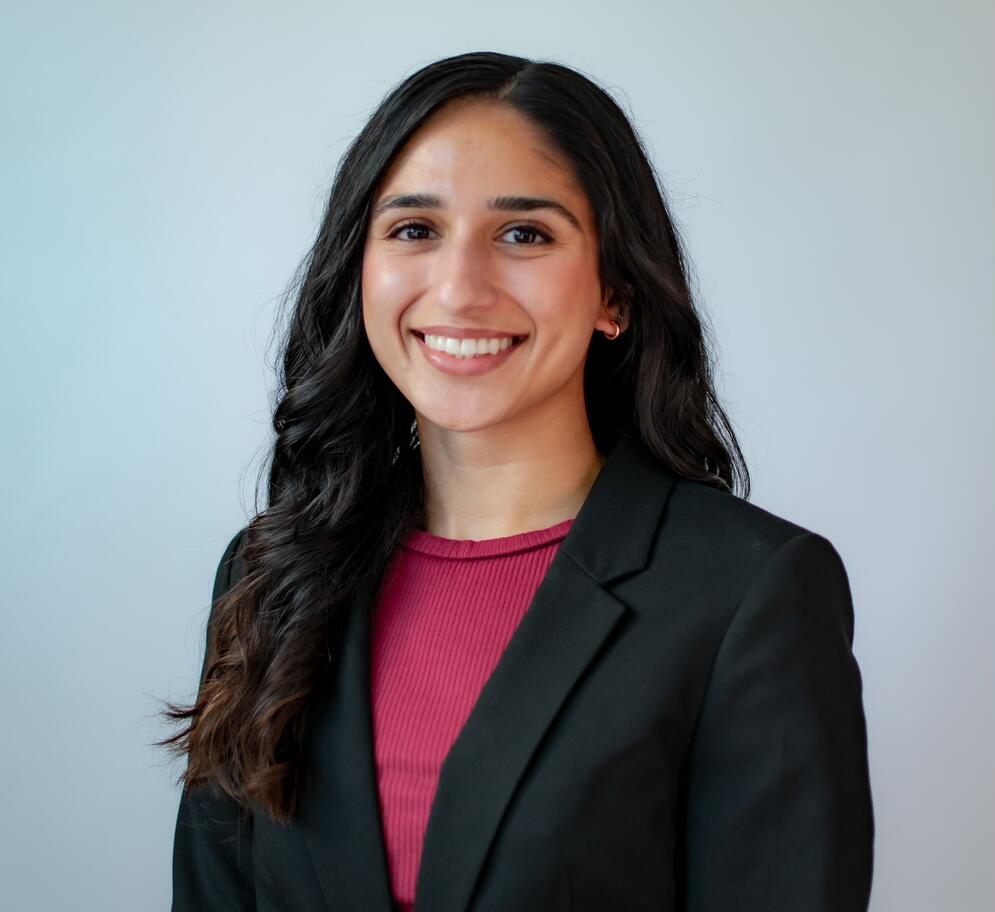 Name: Prerna Yadav
Name: Prerna Yadav
Medical School: Edward Via College of Osteopathic Medicine - Virginia Campus
Undergraduate school: Virginia Commonwealth University
Career interests: Child and Adolescent Psychiatry, Reproductive Psychiatry
What are some things you like about Richmond and VCU? I love all that Richmond has to offer! From kayaking in the James River to trying out a new restaurant, there's something for everyone. I also value the enriching culture at VCU, embodied by supportive faculty and great peers!
Class of 2024
Inpatient psychiatry at VCU (1)
Consultation-Liaison Psychiatry Fellowship (2; at Brigham and Women’s Hospital and VCU)
Public Psychiatry Fellowship (1, at Yale)
VAMC psychiatry in integrated primary care clinic/locums consultation psychiatry (1)
Forensic Psychiatry Fellowship (1, at University of Maryland)
US Air Force (1)
PGY-3 Child and Adolescent Psychiatry Fast Track
Rush University (1)
Class of 2023
VAMC outpatient psychiatry (2)
Inpatient psychiatry (2)
Forensic Psychiatry Fellowship (2; at University of Maryland and University of Virginia)
Private practice (1)
Consultation Psychiatry at community hospital (1)
US Navy (1)
PGY-3 Child and Adolescent Psychiatry Fast Track
Boston Children's Hospital/ Harvard (1)
Georgetown University (1)
Mayo Clinic (1)
VCU (1)
Class of 2022
Consultation Liaison Fellowship (1, at VCU)
Academic inpatient psychiatry (2)
Addiction Medicine Fellowship (2; at Wake Forest University and VCU)
Private Practice (3)
Academic outpatient practice (1)
VAMC outpatient psychiatry (1)
PGY-3 Child and Adolescent Psychiatry Fast Track
VCU (1)
Prior Fellowships
Addiction Medicine Fellowship, VCU Health System, Richmond, VA
Addiction Psychiatry Fellowship at the University of Miami, Miami, FL
Addiction Psychiatry Fellowship at UCLA-Kern/Cedar Medical Center, Bakersfield, CA
Child & Adolescent Psychiatry Fellowship at Medical College of Georgia at Georgia Regents University, Augusta, GA
Child & Adolescent Psychiatry Fellowship at Northwestern University, Chicago, IL
Child & Adolescent Psychiatry Fellowship at UCLA-Kern Medical Center, Bakersfield, CA
Child & Adolescent Psychiatry Fellowship at University of Maryland Medical Center, Baltimore, MD
Child & Adolescent Psychiatry Fellowship at Virginia Treatment Ctr for Children, VCU Health System, Richmond, VA
Child & Adolescent Psychiatry Fellowship, Maine Medical Center, Portland, ME
Child & Adolescent Psychiatry Fellowship, Tufts Medical Center, Boston, MA
Child & Adolescent Psychiatry Fellowship, UC San Diego Health Sciences, San Diego, CA
Consultation Liaison Psychiatry Fellowship, Brigham & Women's Hospital, Boston, MA
Consultation Liaison Psychiatry Fellowship, NYU Langone Health, New York, NY
Consultation Liaison Psychiatry Fellowship, University of Pennsylvania-Penn Medicine
Psychosomatic Medicine Fellowship at University Hospital Case Medical Center, Cleveland, OH
Psychosomatic Medicine Fellowship, Georgetown University, Washington, D.C.
Psychosomatic Medicine Fellowship, VCU Health System, Richmond, VA
Forensic Psychiatry Fellowship at Medical College of Georgia at Georgia Regents University, Augusta, GA
Geriatric Fellowship at Vanderbilt Medical Center, Nashville, TN
Postdoctoral Research Fellow, Addictions, VCU Health System, Richmond, VA
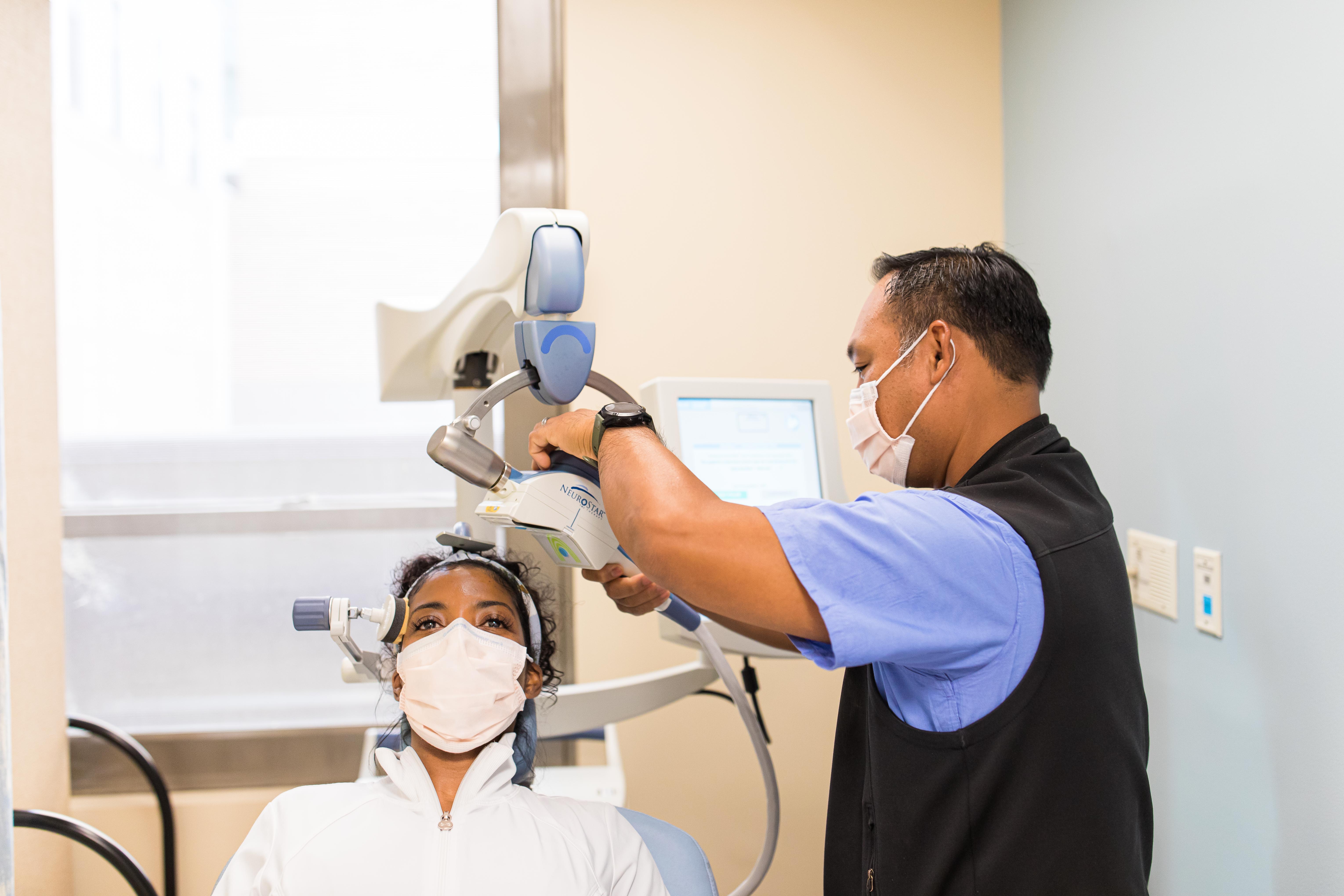
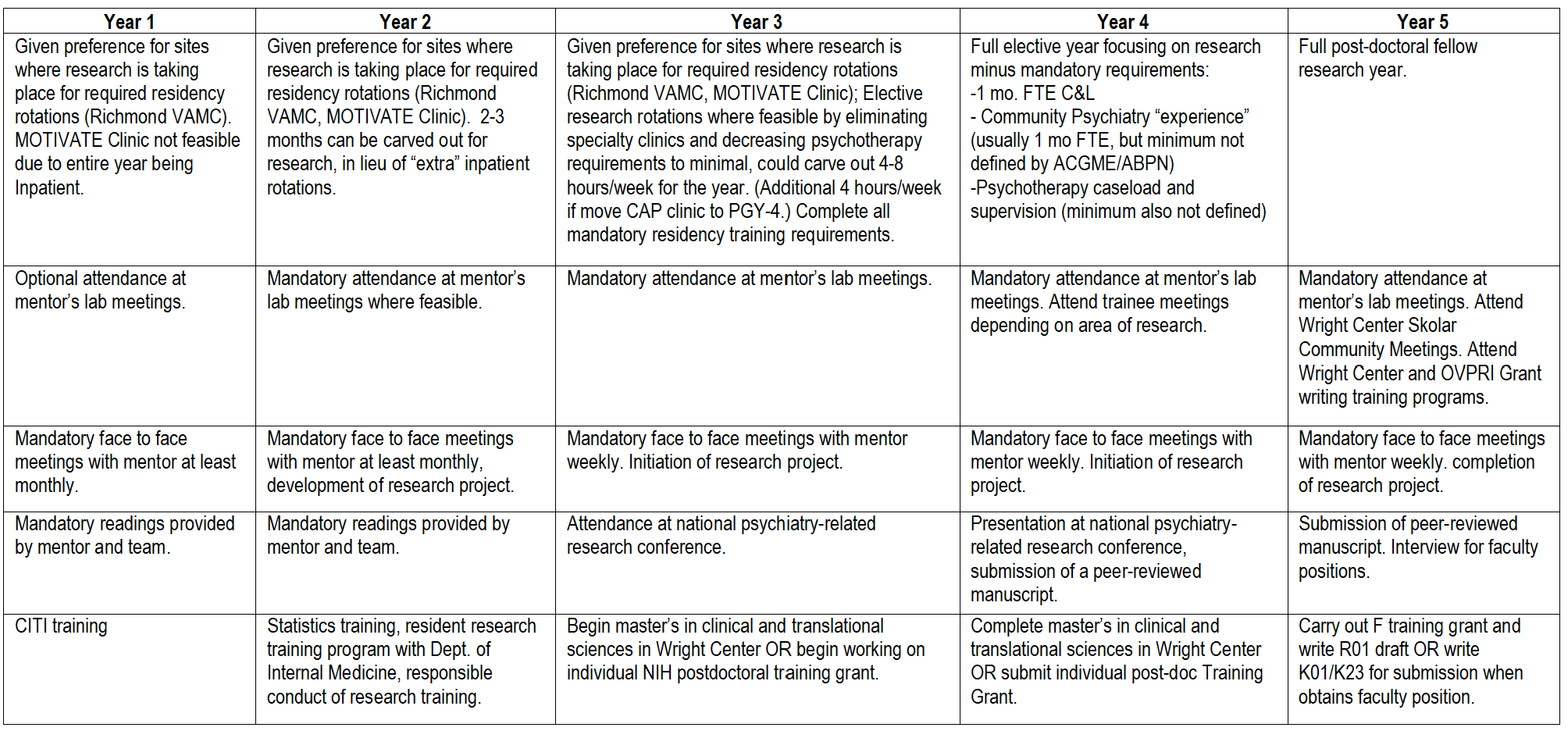
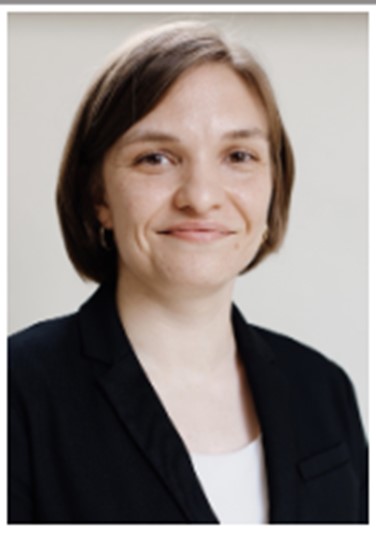
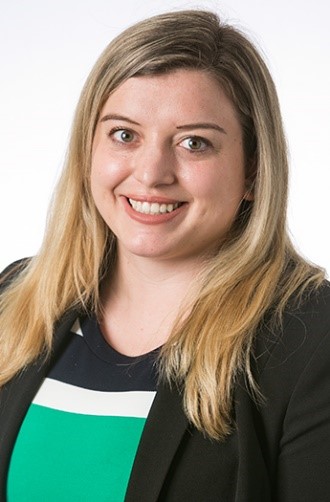 Michaela Hurley
Michaela Hurley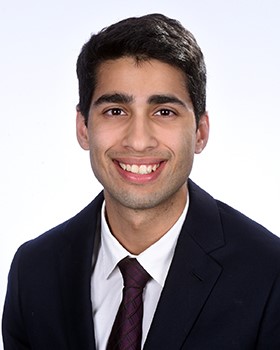 Conrad Mascarenhas
Conrad Mascarenhas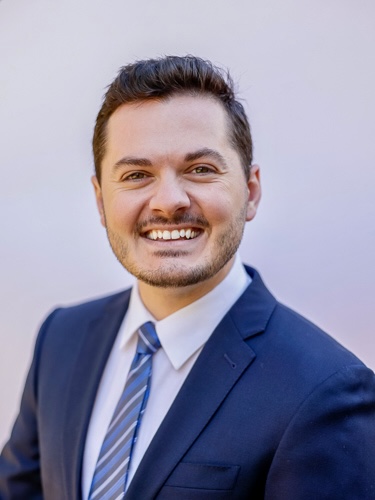 Parker Booren
Parker Booren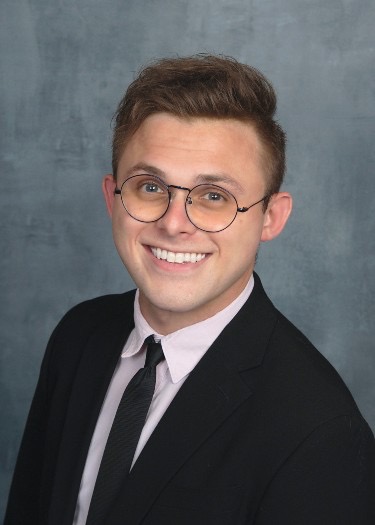 Michael D. Keiter
Michael D. Keiter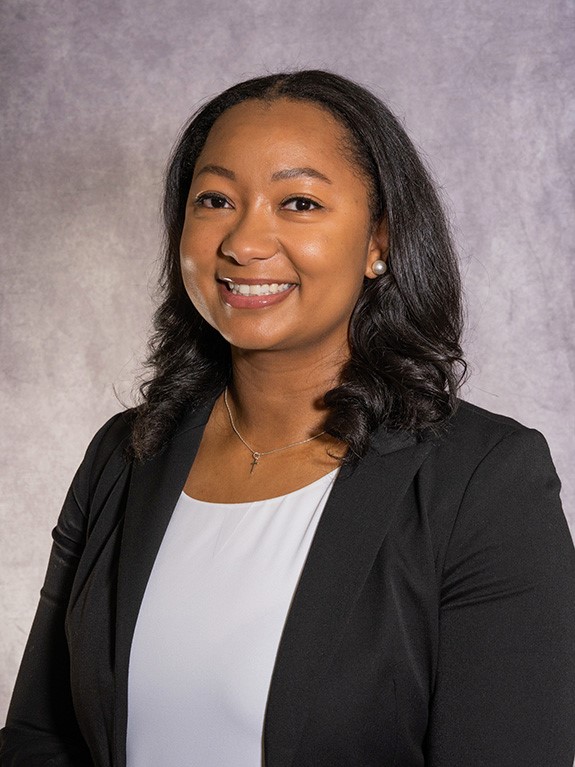 Crystal Lewis
Crystal Lewis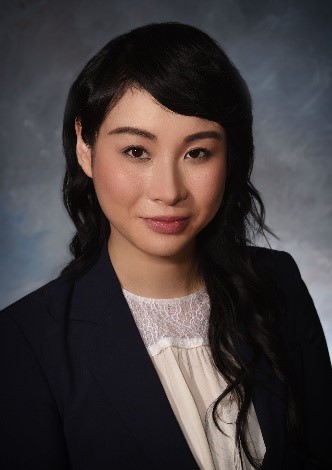 Jacqueline Guo
Jacqueline Guo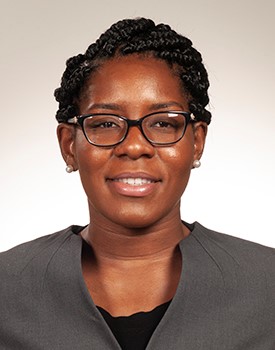 Ahsal (Ami) Major-Igun
Ahsal (Ami) Major-Igun Harleen Singh
Harleen Singh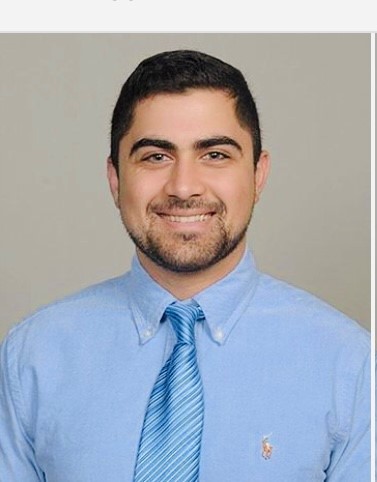 Husayn Tavangar
Husayn Tavangar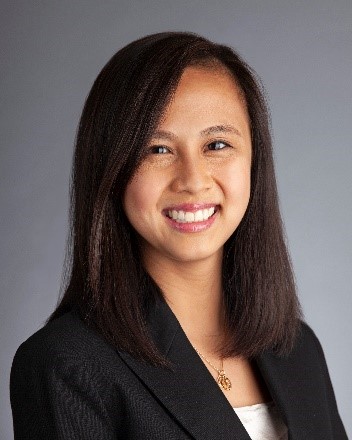 Linh Vu
Linh Vu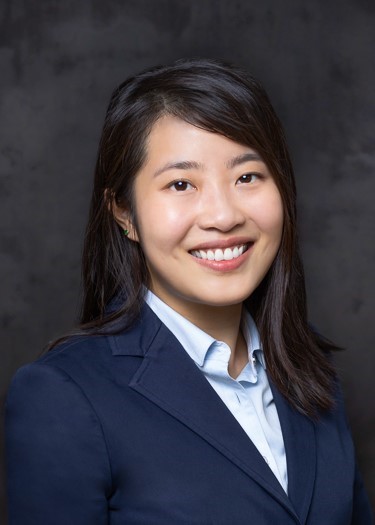 Lijia Zhang
Lijia Zhang